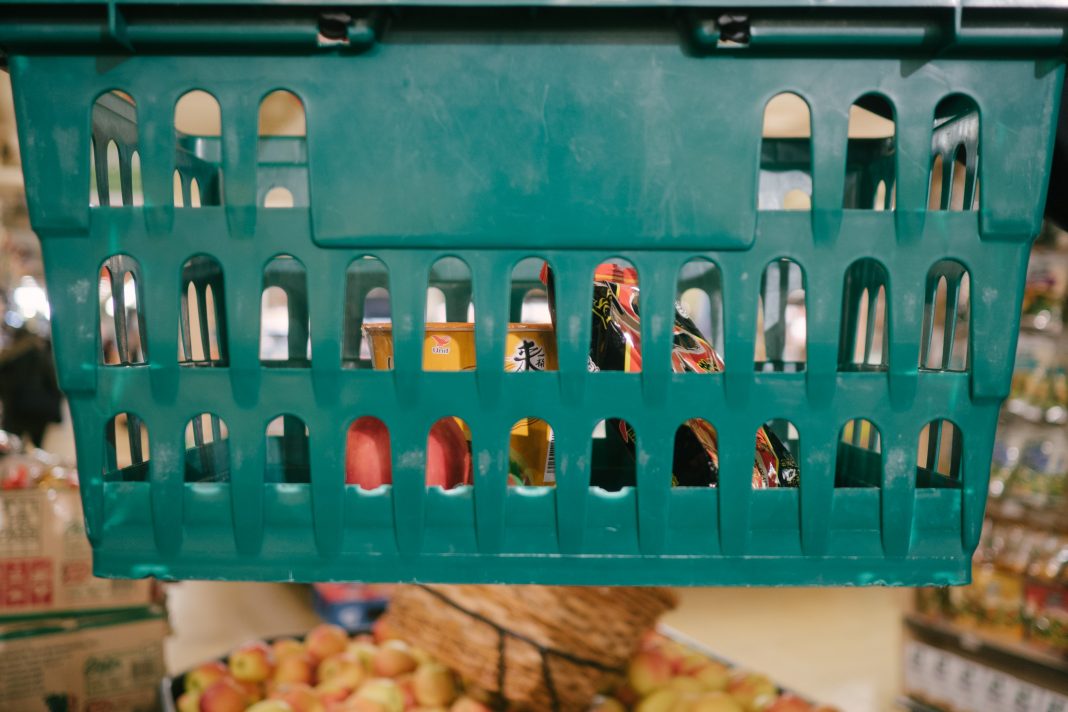For the 2017–18 fiscal year, Simon Fraser University has pledged to contribute more funding to the Simon Fraser Student Society’s (SFSS) Emergency Food Bank Program. This will allow the student society to support more undergraduate students on campus who are unable to make food purchases due to financial burdens.
The Emergency Food Bank Program is a service run by the SFSS where undergraduate students can request monetary assistance for buying food during times of emergencies. According to the student society’s website, undergraduate students are eligible to apply for a maximum of three food certificates per semester, valued at $25 each; these certificates can be redeemed at SFU Burnaby and SFU Woodwards’ Nesters Market, SFU Burnaby’s Dining Hall, and SFU Surrey’s Safeway.
SFSS President Hangue Kim, stated that in 2016 and 2017, the Emergency Food Bank Program saw a loss of $3,965 and $14,683, respectively, and the growing deficit is due to the increased usage and demand from SFU students. The program, historically, has had a budget of approximately $32,000 since its inception in 2013, according to Kim.
“We believe that use of the food bank program is driven by students finding it increasingly difficult to ‘make ends meet’ due to the costs associated with their education, including tuition, books, shelter, food, clothing, and transportation,” said Kim.
Even with the increased funding from SFU, the society is expecting a forecasted loss of $8,800 for the 2017–18 fiscal year, he added.
Erin Biddlecombe, director of operations, planning, and projects also stated that in light of the “compelling information compiled by the SFSS, [the university has] increased this year’s support to $20,000 [from their historical amount of $16,000 per year].”
Biddlecombe also mentioned that SFU students can access Embark’s Food Rescue Program outside of the Emergency Food Bank Program whereas masters and PhD students specifically can access the Graduate Student Society’s Emergency Grocery Card Program.
The student society’s website states that the Emergency Food Bank Program is currently funded by a student levy, where full-time and part-time students are contributing 25 cents and 13 cents per student, respectively.
Moreover, the university and the student society have agreed to co-fund a $20,000 research project dedicated to food security, as well as identifying the financial burdens faced by students. The timeline and specifics of the project are still being determined by both parties, said Kim. “The food insecurity research that we will be conducting will help us more clearly understand the increase in demand that we have been seeing,” he concluded.





[…] order to conveniently provide full access to students, regardless of which campus they frequented. In 2017, the SFSS also collaborated with the university to obtain additional funding for its Emergency Food […]